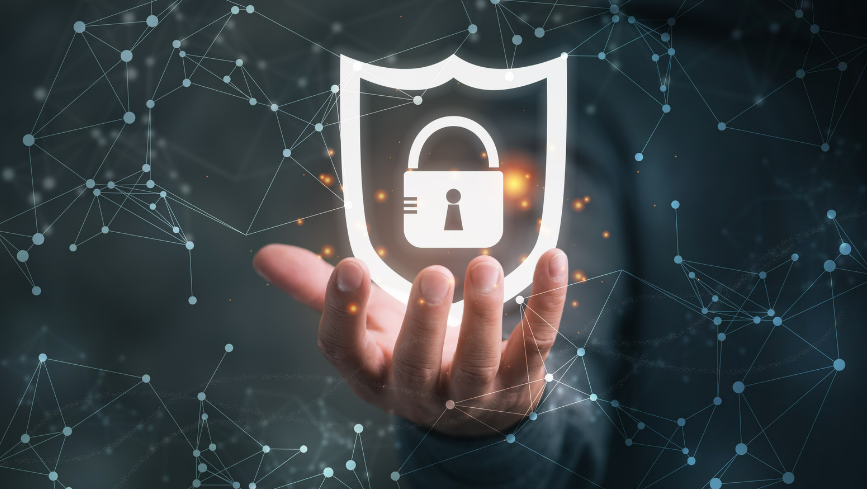Imagine a world where every lock has a predictable key—sounds like a thief’s paradise, right? Well, that’s exactly why randomness is the superhero of the cybersecurity universe. It’s the secret sauce that keeps digital thieves at bay, and its weapon of choice? Random Number Generators (RNG). These aren’t just any numbers; these are the unpredictable codes that guard everything from your data to national secrets.
What’s RNG and Why Should You Care?
Random Number Generators are the unsung heroes behind the security of every system that needs protecting. From generating encryption keys to ensuring that the outcomes of your online activities remain confidential, RNG is everywhere. But how random can a number really be when it’s generated by a predictable machine? That’s where the art and science of RNG come into play.
Before there were computers, there were early forms of random number generators that didn’t require computer time. Picture the roulette wheel, for example, with the ball landing with complete unpredictability. This old-school game represents one of the purest forms of random outcomes, making it a fascinating case study of randomness.
Modern RNG strives to achieve what the roulette wheel has done for centuries—produce results that no one can predict. And just like in a game of online roulette, the strength of our digital security systems depends on the quality of randomness they can generate.
Why Randomness Rules in Cybersecurity
- Encryption Keys: The stronger and more random the keys, the harder they are to crack. This is like continuously changing the locks on your digital doors after every use.
- Digital Signatures: Ensuring that the signatures verifying your transactions are random means hackers can’t forge them.
- Secure Sessions: When you log into a website, RNGs help create a session that’s tough for snoops to spy on.
Without strong randomness, our digital security is as good as an open book. That’s why cybersecurity experts spend sleepless nights enhancing RNG methods—to ensure that no pattern can be exploited by the bad guys.
The Challenge of True Randomness
Achieving true randomness is easier said than done. It’s like trying to predict where the next raindrop will fall—naturally unpredictable but tricky to model in a system. The quest for the perfect RNG is ongoing. Researchers are constantly looking for better ways to mimic the unpredictability of nature in digital form.
Your Role in the RNG Ecosystem
Believe it or not, you’re part of this ecosystem every time you play a game of online roulette or send a secure email. By supporting systems that prioritize strong RNG, you help advocate for better security practices across the web.
Ever experienced a moment when randomness (or the lack of it) played a role in your digital life? Maybe a time when an online game felt a little too predictable, or a password seemed too easy to guess? Share your stories below and join the conversation on why randomness really is the MVP of cybersecurity!

















